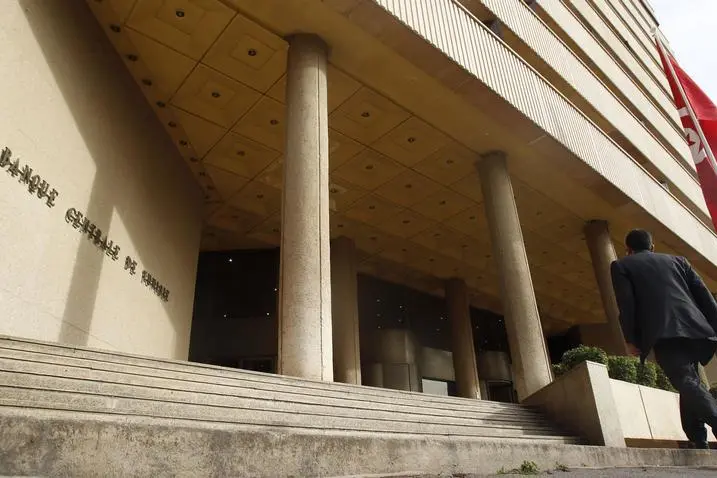PHOTO
Tunisia - Recent medium-term forecasts reveal high levels of consumer prices. Hence, average inflation rates of 11% in 2023 and 8.9% in 2024 are projected, as against 8.3% for the entire year 2022, according to the note on economic and monetary developments and the medium-term outlook released by the Central Bank of Tunisia (BCT) Thursday.
By main component, inflation for administered products is expected to hit record highs of 15.5% in 2023 and 12.8% in 2024, from 6.3% in 2022. The acceleration of this component of inflation would be the result, in particular, of the the expected increases in the main administered prices (food, energy and services).
The subsidy fund reform programme (2023-2026) provides for significant adjustments to the administered prices of food products accompanied by cash transfers. Likewise, maintaining international prices for energy products at high levels and the lack of tax space should result in frequent adjustments in energy prices.
The effects (direct and indirect) of expected increases in energy prices (fuel, electricity and natural gas), are expected to affect the prices of other regulated products and services in the coming years.
As for the inflation of fresh food products, recent forecasts suggest a gradual easing of the inflation rate, from 14.1% in 2022 to 11.1% in 2023 and 7% in 2024.
The weak prospects for the production of several products, particularly market gardening, deeply affected by persistent water stress and by the increase in production costs (a large part of which is imported) and distribution (repercussion of the rise in the price of energy), could hamper a rapid deceleration in the rate of fresh food inflation over the forecast horizon.
For its part, core inflation, measured by the consumer price index excluding fresh food products and products with administered prices, should continue on a gradual upward trend under the effect of inflationary pressures coming mainly from its main determinants. In particular, the transmission of past large increases in international commodity prices to consumer prices could continue in the coming months.
The surge in inflation among Tunisia's main trading partners should continue to transit through imports of consumer products to domestic prices. In addition, the increase in labor costs is likely to hamper a rapid deceleration in core inflation (recent increase in the guaranteed interprofessional minimum wage SMIG by 7%, in October 2022).
The gradual strengthening of consumer demand, supported by rising wages, would maintain pressures on the path of core inflation.
In annual averages, the core inflation rate would rise from 7.9% in 2022 to 9.2% in 2023 before falling back to 7.7% in 2024.
For the upcoming period, monetary policy is expected to continue to face upside inflationary risks. The Central Bank, whose mandate is to preserve price stability, would remain vigilant as to the evolution of inflation during the coming period, and would spare no effort to ensure its deceleration, using all the tools available.
© Tap 2022 Provided by SyndiGate Media Inc. (Syndigate.info).





















